October 30, 2023 •
New Hampshire Veto Session Adjourns
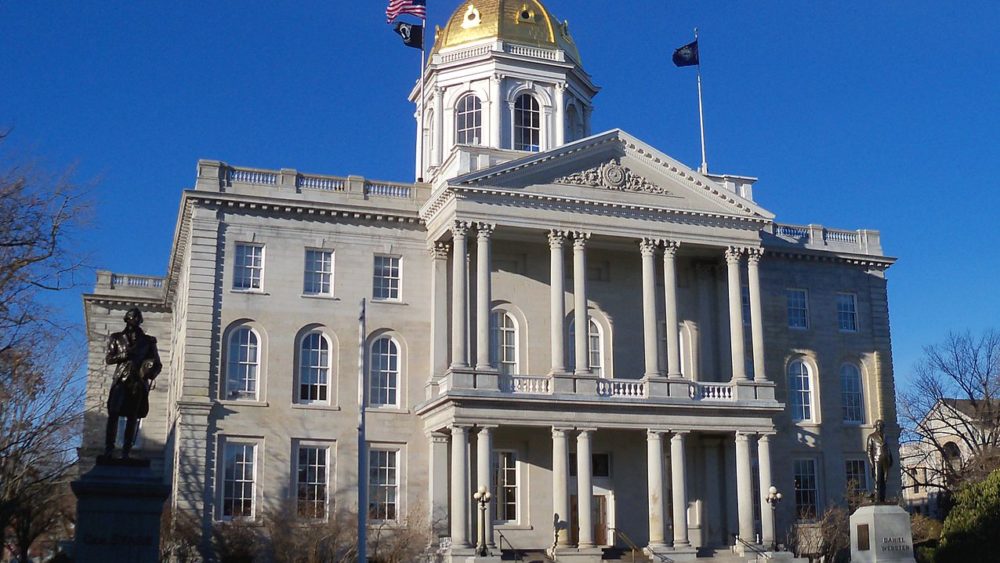
New Hampshire State House - AlexiusHoratius
Lawmakers adjourned the veto session on after sustaining Gov. Sununu’s veto of House Bill 142. The vote did not have the two-thirds majority required to override the veto of the bill providing support for Berlin’s Burgess BioPower plant.
Lawmakers adjourned the veto session on after sustaining Gov. Sununu’s veto of House Bill 142.
The vote did not have the two-thirds majority required to override the veto of the bill providing support for Berlin’s Burgess BioPower plant.
October 6, 2023 •
New Hampshire Veto Session Scheduled
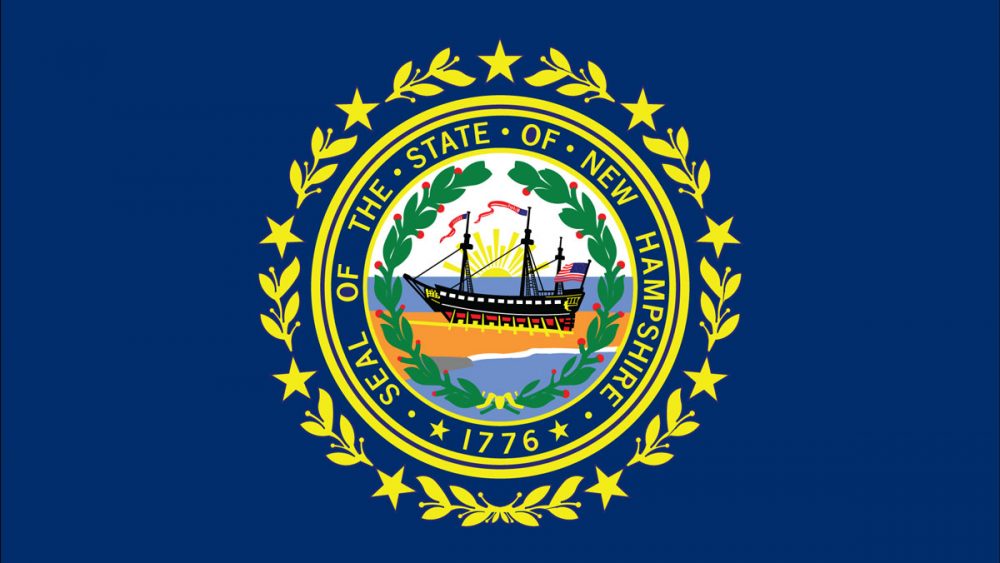
New Hampshire state flag
Lawmakers will return to session on October 26 to decide whether to override eight vetoes issued by Gov. Sununu. In addition to considering veto overrides, lawmakers will also consider deadlines for the 2024 session.
Lawmakers will return to session on October 26 to decide whether to override eight vetoes issued by Gov. Sununu.
In addition to considering veto overrides, lawmakers will also consider deadlines for the 2024 session.
July 27, 2023 •
Maine Veto Session Ends
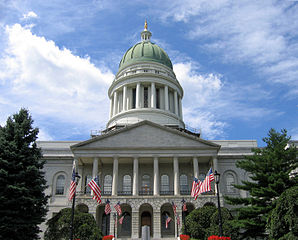
The veto session ended on July 25 with Gov. Janet Mills giving her comments on a sustained veto of a bill seeking to prohibit campaign spending by entities influenced by foreign governments. According to Mills, the bill poorly defined what is foreign […]
The veto session ended on July 25 with Gov. Janet Mills giving her comments on a sustained veto of a bill seeking to prohibit campaign spending by entities influenced by foreign governments.
According to Mills, the bill poorly defined what is foreign government influence and would have the unintended consequence of effectively silencing legitimate voices, including Maine based businesses, in debates that would impact their interests.
Mills hopes to find a way to prevent foreign influence in elections by enacting a more narrowly tailored and easily understood statute. The issue has another chance to pass as a ballot measure in November.
April 17, 2020 •
Kentucky Legislature Adjourns Sine Die
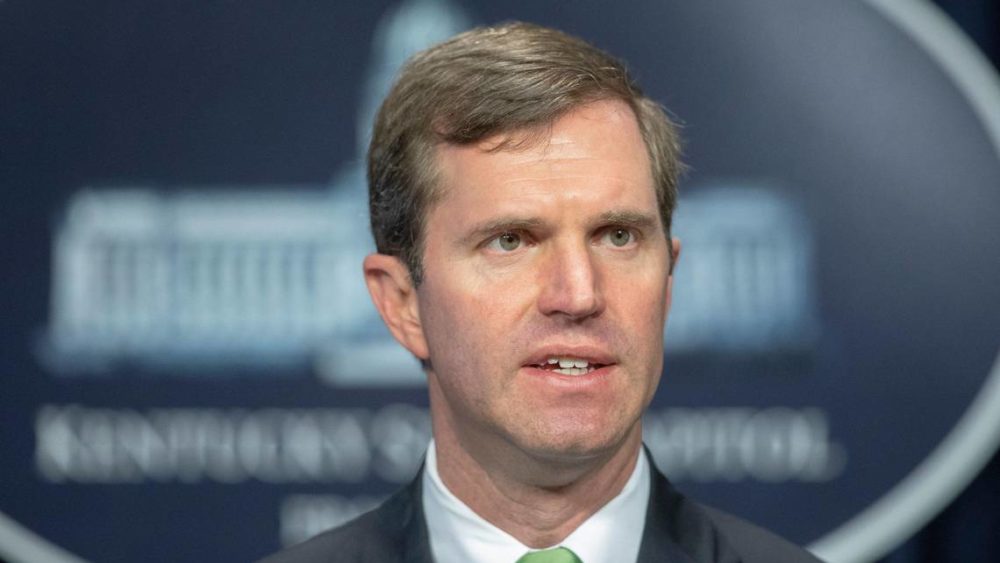
Kentucky Gov. Andy Beshear
The 154th regular session of the General Assembly adjourned sine die on April 16. The Republican supermajority in both the House and Senate voted to override Gov. Andy Beshear’s veto of Senate Bill 2. Senate bill 2 requires voters to […]
The 154th regular session of the General Assembly adjourned sine die on April 16.
The Republican supermajority in both the House and Senate voted to override Gov. Andy Beshear’s veto of Senate Bill 2.
Senate bill 2 requires voters to present government-issued photo identification in order to cast a ballot beginning with the November general election.
Additionally, a passed bill proposing a constitutional amendment will appear on the November ballot.
The amendment will increase the term of office for district judges from four years to eight years beginning in 2022.
September 11, 2019 •
Missouri Lawmakers Meet for Annual Veto Session
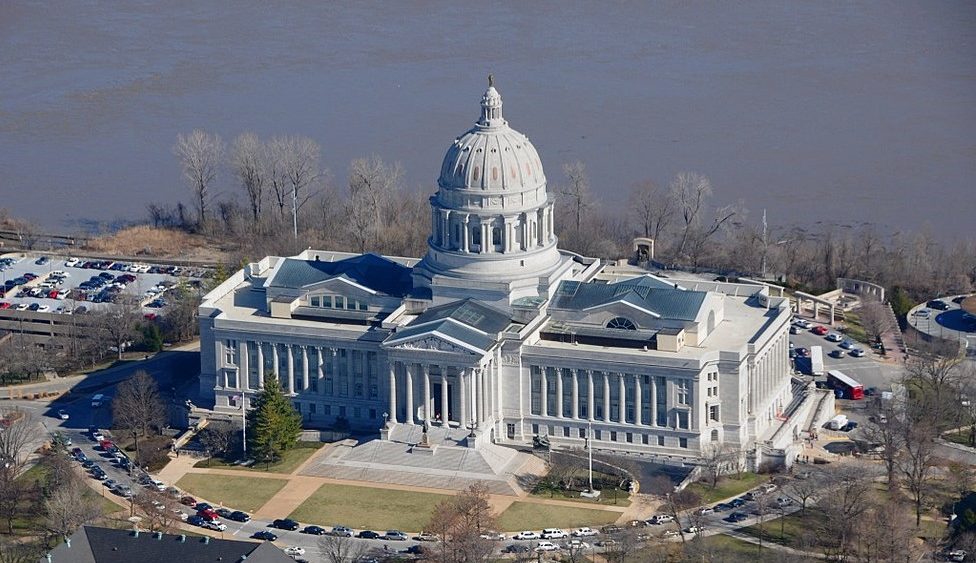
Missouri Capitol Building
Missouri lawmakers are back in Jefferson City for the annual veto session, beginning September 11 at 12 p.m. at the Missouri State Capitol. The veto session gives lawmakers the ability to overturn any of Gov. Mike Parson’s six vetoes. Two […]
Missouri lawmakers are back in Jefferson City for the annual veto session, beginning September 11 at 12 p.m. at the Missouri State Capitol.
The veto session gives lawmakers the ability to overturn any of Gov. Mike Parson’s six vetoes.
Two widely debated vetoes include outdoor cremations and whether to let motorcyclists ride without a helmet.
A two-thirds vote in the House and the Senate is needed to overturn a veto.
The veto session is running at the same time as a special session, which Gov. Parson called to address a vehicle tax credit issue.
May 20, 2019 •
New Jersey Dark Money Disclosure Bill Vetoed
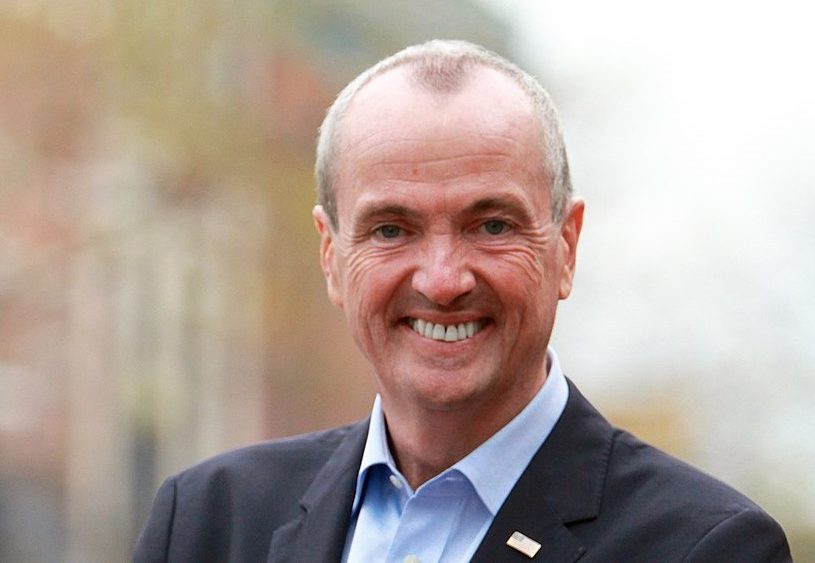
New Jersey Gov. Phil Murphy
Gov. Phil Murphy conditionally vetoed legislation requiring dark money groups spending money to influence elections in New Jersey to disclose their large donors. Senate Bill 1500, carried over from last year’s session, requires disclosure of contributors giving more than $10,000 […]
Gov. Phil Murphy conditionally vetoed legislation requiring dark money groups spending money to influence elections in New Jersey to disclose their large donors.
Senate Bill 1500, carried over from last year’s session, requires disclosure of contributors giving more than $10,000 to 501(c)(4) groups engaging in political activities and lobbying.
In issuing the veto, Gov. Murphy said the bill contained loopholes and inconsistent disclosure standards.
He also expressed concern about the legislation not passing judicial scrutiny because of broad disclosure requirements beyond spending in elections for groups involved in issue campaigns.
The veto went on to recommend requiring companies receiving large scale tax credits from the state to disclose public contracts and political contributions to the New Jersey Election Law Enforcement Commission (ELEC).
The recommendation also sought to strike a provision limiting elected officials from managing dark-money groups.
Supporters of Senate Bill 1500, which overwhelmingly passed both houses, argued the legislation leveled the playing field by requiring all groups to disclose if trying to sway elections, legislation, or policy.
The legislature can attempt an override of the governor’s veto or work towards amending the bill based on the governor’s recommendations.
July 16, 2018 •
Boston Lobbying Reform Vetoed
Last week, Mayor Marty Walsh vetoed a Boston City Council Ordinance on lobbying reform. Mayor Walsh first proposed an overhaul to the city’s lobbying laws in 2016, stating a need for an increase in transparency. His proposal brought stricter lobbying […]
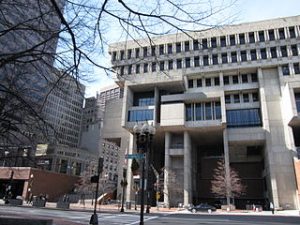 Last week, Mayor Marty Walsh vetoed a Boston City Council Ordinance on lobbying reform. Mayor Walsh first proposed an overhaul to the city’s lobbying laws in 2016, stating a need for an increase in transparency.
Last week, Mayor Marty Walsh vetoed a Boston City Council Ordinance on lobbying reform. Mayor Walsh first proposed an overhaul to the city’s lobbying laws in 2016, stating a need for an increase in transparency.
His proposal brought stricter lobbying laws mirroring those of the state in the form of a home rule charter which would require approval by the state legislature. Council passed its own version of the ordinance in late June hoping it would go into effect immediately upon signature by the mayor.
In vetoing the ordinance, Mayor Walsh indicated the passed ordinance failed to define and regulate lobbying and did not create an adequate enforcement mechanism.
Mayor Walsh stated his continued confidence in his recommended proposals, but Boston’s lobbying reform is headed back for more debate.
July 2, 2018 •
North Carolina Legislature Adjourns
The North Carolina Legislature adjourned on June 29, 2018. The Republican-controlled General Assembly spent most of the session passing budget adjustments and overrode eight of Gov. Roy Cooper’s 10 vetoes. Senate Bill 655 was passed and signed by Gov. Cooper […]
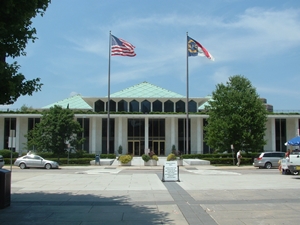 The North Carolina Legislature adjourned on June 29, 2018.
The North Carolina Legislature adjourned on June 29, 2018.
The Republican-controlled General Assembly spent most of the session passing budget adjustments and overrode eight of Gov. Roy Cooper’s 10 vetoes.
Senate Bill 655 was passed and signed by Gov. Cooper last week. The bill changes the date primary elections are held from May to March and is effective January 1, 2019.
The Legislature is sending a voter photo identification mandate to be decided by voters in November.
Lawmakers are scheduled to reconvene on November 27, 2018.
April 13, 2016 •
Kentucky Governor Vetoes Bill to Raise Executive Branch Lobbyist Fee
Gov. Matt Bevin has vetoed a bill to increase the executive branch lobbyist registration fee. House Bill 423, a state revenue bill, would have increased the fee from $125 to $275. Katie Gabhart, executive director of the Executive Branch Ethics […]
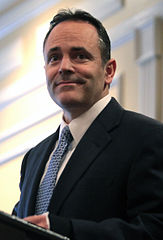 Gov. Matt Bevin has vetoed a bill to increase the executive branch lobbyist registration fee. House Bill 423, a state revenue bill, would have increased the fee from $125 to $275.
Gov. Matt Bevin has vetoed a bill to increase the executive branch lobbyist registration fee. House Bill 423, a state revenue bill, would have increased the fee from $125 to $275.
Katie Gabhart, executive director of the Executive Branch Ethics Commission, said the increase was necessary to avoid cutting its staff. The agency now faces a $40,000 budget deficit and, after lean years during the previous administration, Gabhart said there is nothing left to cut besides salaries.
Photo of Gov. Matt Bevin by Gage Skidmore on Wikimedia Commons.
August 10, 2015 •
Maine Supreme Judicial Court Says LePage’s 65 Vetoes Too Late
On August 6, the Maine Supreme Judicial Court issued an opinion finding 65 bills from the 2015 legislative session were vetoed by Gov. Paul LePage too late to prevent the legislation from taking effect. Last month, the governor had returned […]
 On August 6, the Maine Supreme Judicial Court issued an opinion finding 65 bills from the 2015 legislative session were vetoed by Gov. Paul LePage too late to prevent the legislation from taking effect.
On August 6, the Maine Supreme Judicial Court issued an opinion finding 65 bills from the 2015 legislative session were vetoed by Gov. Paul LePage too late to prevent the legislation from taking effect.
Last month, the governor had returned the 65 bills to the Legislature on July 16, the last day of the session. However, the bills were returned beyond the 10 days, excluding Sundays, a governor has to veto legislation once he or she receives the bills.The court found the bills were beyond the ten days provided for gubernatorial objection and became law effective ninety days after the adjournment sine die of the Legislature, except where enacted as emergency legislation.
The opinion was made at the request of the governor.
August 23, 2013 •
N.C. Governor Calls Special Session
Session to address vetoed bills
 Governor Pat McCrory has issued a proclamation calling for a special session to convene at noon on September 3, 2013.
Governor Pat McCrory has issued a proclamation calling for a special session to convene at noon on September 3, 2013.
However, if a majority of legislators write declaring they do not want to meet, no session will occur.
The purpose of the session is to consider overriding the governor’s vetoes.
State and Federal Communications, Inc. provides research and consulting services for government relations professionals on lobbying laws, procurement lobbying laws, political contribution laws in the United States and Canada. Learn more by visiting stateandfed.com.

